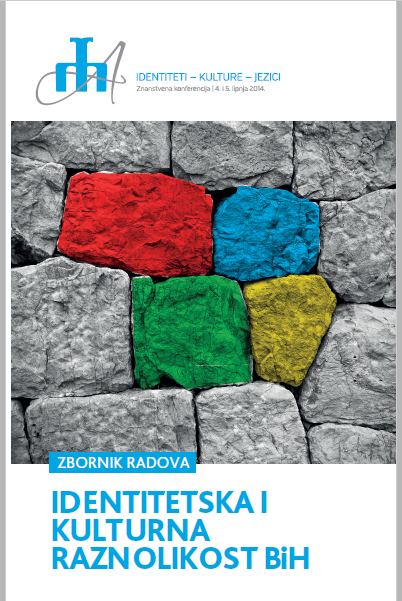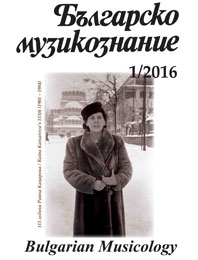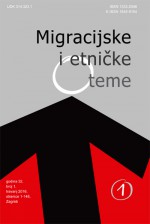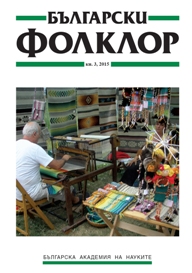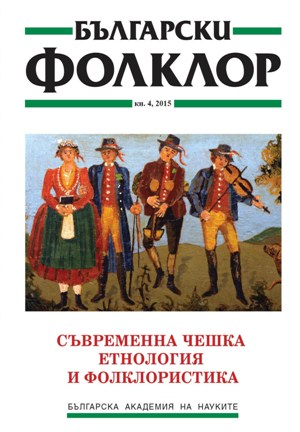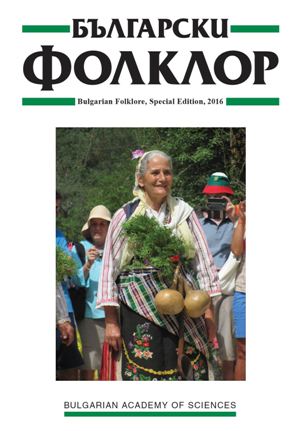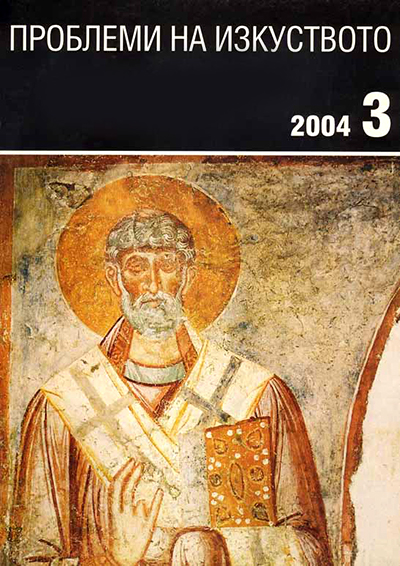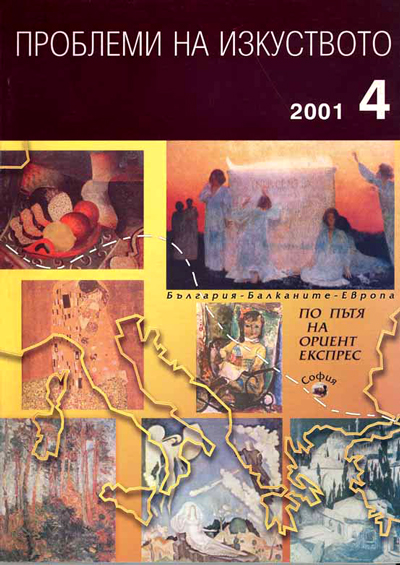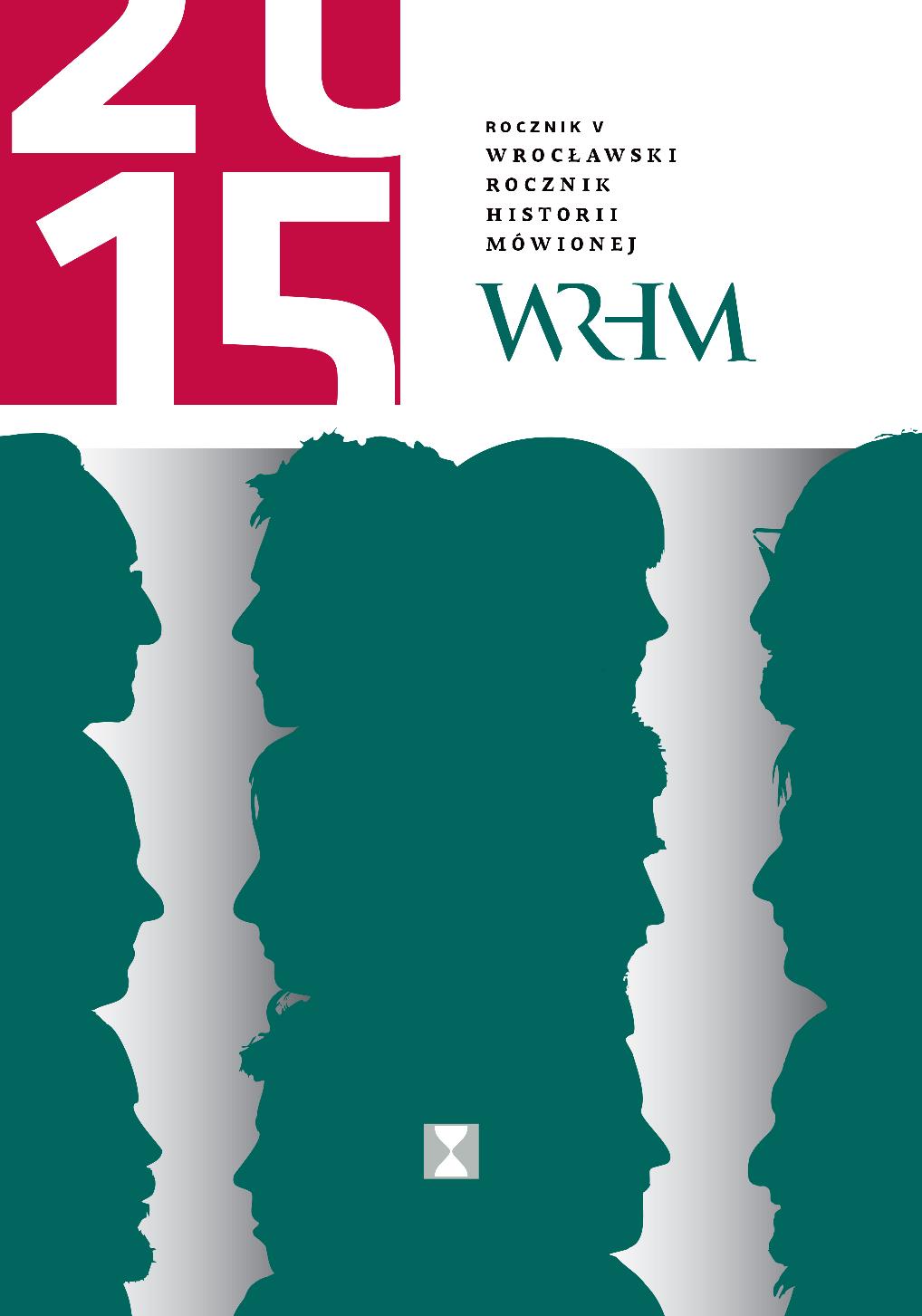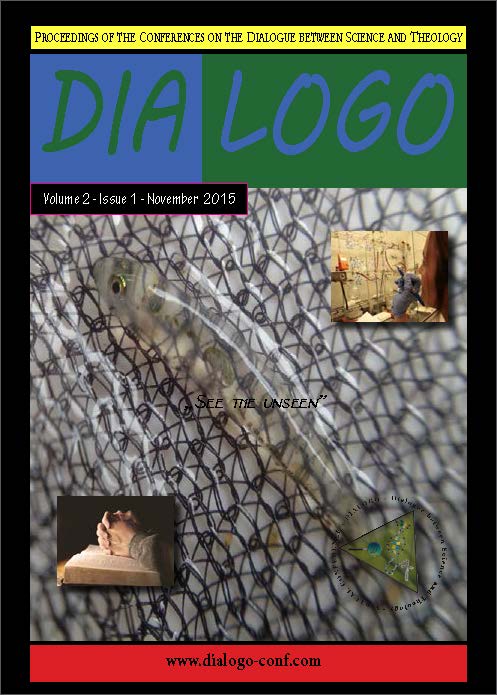Author(s): Valerija Botrić / Language(s): Croatian
Issue: 1/2016
Migration issues in Croatia have been mostly discussed in relation to the recent increase in emigration, in particular related to the emigration of young and highly educated persons. However, active migration policy should consider immigration dynamics as well. In the framework of long-term prospects of the Croatian labour market, and taking into consideration the advanced effects of the demographic aging process, the issue of active immigration policy is expected to become more important in the future. The main goal of the paper is to analyse the existing position of immigrants on the Croatian labour market. Important characteristics of the Croatian labour market in recent years have been a high unemployment rate and high share of long-term unemployment. The effects of these adverse conditions are manifold, not only at the level of the economy (in terms of under-utilisation of available resources), but also at the level of affected individuals. Regarding individuals, the consequences of long-term unemployment frequently incorporate increased distance from the labour market due to the (perceived) loss of skills. The aim of the paper is to investigate individual characteristics that predict either unemployment or long-term unemployment of the immigrant population in Croatia.The empirical analysis is based on the Labour Force Survey conducted by the Croatian Central Bureau of Statistics. Due to the data source used, the immigrant population is not defined on the basis of their nationality or citizenship. It entails all persons who were born outside Croatia and currently have permanent residence in the country. The second condition is directly related to the nature of the sample used for the Survey, where the sample frame relies on permanent residency. This implies that any short-term circular migrations (due to, for example, increased labour market during the tourist season) are probably not covered by the data. To the extent that this is important for the labour market outcomes of immigrants in Croatia, the scope of the results is limited.In order to assess the effects of the crises on the labour market outcomes of immigrants in Croatia, the empirical analyses have been separately performed for two distinct years: the first one (a pre-crisis year) being 2007 and the second one (a crisis year) is 2012. The second analysed year refers to the period of deep economic crisis in Croatia, which had profound effects on the labour market. Thus, there is special interest whether the predictors of unemployment status have changed as a consequence. The choice of the unemployment status predictors is based on the standard set of individual characteristics, limited by their availability in the Labour Force Survey.Descriptive analysis has revealed that there are important differences in the sample structure between the two analysed years. The average age of immigrants is higher in the year 2012, and they are more concentrated in urban areas. In both years, employed and unemployed immigrants are most likely to have upper secondary education. The structure of their occupations has significantly changed. While in 2007 the higher percentages of immigrants were employed craft and related trade workers, in 2012 their employment was higher in service and sales workers and professionals. The increased share of the unemployed with elementary occupation, as well as craft and related trade workers, and plant and machine operators occurred during the same period.Due to the binary nature of dependent variables, empirical analysis rests on the probit methodology. The additional benefits of binary predictors have been utilized by exploring the size of the estimated marginal effects. The analysis for the 2007 (pre-crisis) year has identified the following significant predictors of the unemployment status for immigrants in Croatia, listed in the decreasing marginal effects order: positive predictors: service and sales occupation and persons older than 55 (in comparison to 35‒44)negative predictors: skilled agricultural, forestry and fishery workers and male persons.The analysis for the 2012 (crisis) year has identified the following significant predictors of unemployment status for immigrants in Croatia, listed in the decreasing marginal effects order:positive predictors: elementary occupations, plant and machine operators, persons aged 15‒24 (in comparison to the reference age cohort 35‒44), craft and related trade workers, service and sales workers, persons older than 55 (in comparison to the reference age cohort);negative predictors: skilled agricultural, forestry and fishery workers and persons living in urban areas.The analysis has revealed that traditional predictors of labour market outcome status have also been significant for the immigrant population in Croatia. It also reveals that they change over time. The occupation of the immigrant is more important in the crisis, which is probably related to the adverse demand effects of specific economic activities. Additionally, age has gained increased importance in the crisis, which is similar to the experiences of the domicile population. The second segment of the analysis was focused on long-term unemployment. Unemployment is considered to be short-term if the person is in that status for less than a year (in accordance with the long-term unemployment definition used by the Eurostat) and very long-term if the person is in that status for more than two years. Descriptive statistics reveals that there is a higher share of persons with lower secondary education in the long-term unemployment sample, while the highest share, regardless of the duration of the unemployment, is reserved for upper secondary education. The data also reveal that the share of unemployed immigrants registered as unemployed at the public employment service increased in the crisis year, regardless of the duration of the unemployment. It is also interesting to note that the share of immigrants without prior working experience decreased in the crisis year, also regardless of the duration of their unemployment. Both factors indicate more active search in the crisis period and suggest demand constraints on the labour market, which has affected both the domicile and immigrant population. In order to determine significant predictors of very long-term in comparison to short-term unemployment, the same empirical strategy has been applied. The analysis for the 2007 (pre-crisis) year has identified the following significant predictors of long-term unemployment status for immigrants in Croatia, listed in the decreasing marginal effects order:positive predictors: lower secondary education (in comparison to upper-secondary education), persons older than 55 and persons in the 45‒54 age cohort (in comparison to the reference 35‒44 age cohort).The analysis for the 2012 (crisis) year has identified the following significant predictors of long-term unemployment status for immigrants in Croatia, listed in the decreasing marginal effects order:positive predictors: persons without prior working experience and persons older than 55 (in comparison to the reference age cohort);negative predictors: age cohorts 15‒24 and 25‒34 (in comparison to the reference age cohort), being married or cohabitating, male persons.Comparing the results for 2007 and 2012 it seems obvious that the most important difference is related to first-time job seekers. The crisis has created a population without previous working experience that has become long-term unemployed. Since the long-term unemployed are, in general, considered by employers as persons with lower employability, this is a serious issue that deserves policy actions. When considering future policy actions related to immigration, results for the most recent year are more important. The analysis in the paper has shown that certain occupations (elementary occupations, services and sales workers, crafts and related workers, and plant and machine operators) are connected with increased probability of being unemployed for the immigrant population. This clearly shows that it is important to identify the activities of future increased labour demand and supplement this information with skills and competencies in order to support active immigration policy. Furthermore, the higher probability of unemployment for the young and the old suggests that it is important to design specific measures to target the more active inclusion of this population in the labour market activities. Relying on prime-age population will not yield sufficient efforts to revive the labour market.The results in the paper show that there are important differences in the predictors of labour market status of immigrants that have evolved in the course of the profound effects the latest economic crisis has had in Croatia. The identified predictors of unemployment or long-term unemployment for immigrants seem to be mostly similar to those of the domicile population. These results imply that the crisis has affected both population subgroups similarly, and that no additional segmentation of the labour market has occurred in that respect. However, the analysis has also pointed to the specific subgroups of both immigrant and native population (like the old, the young, persons without prior working experience), that seem to be adversely affected by the crisis. The results presented strongly suggest that active immigration policy should also incorporate labour market policy measures and that these should be developed in parallel.
More...
